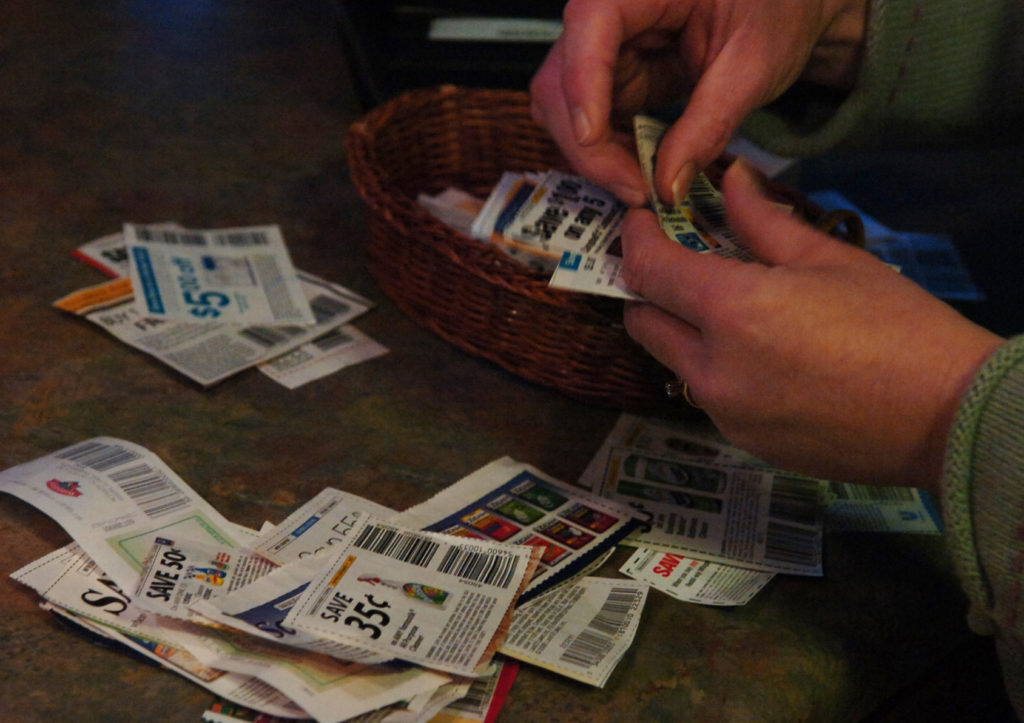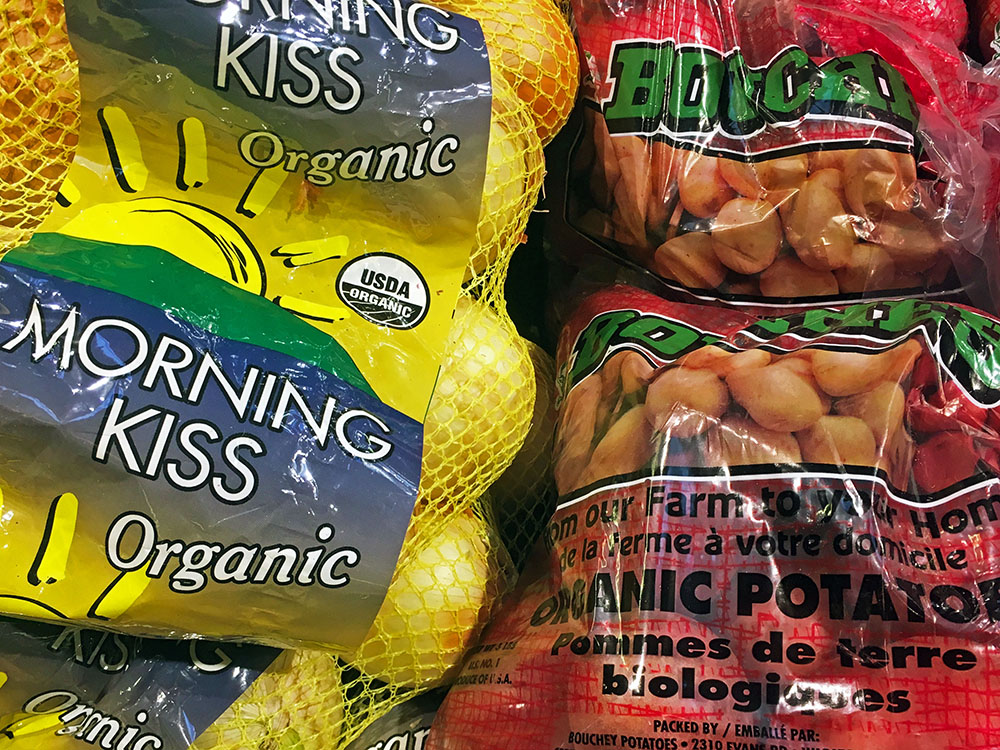How to save money during the coronavirus pandemic
The coronavirus has people anxious about more than just their health. The pandemic has had a profound impact on the economy. Many people have even lost their jobs, had to shut down their business or, in the case of freelance workers, have lost enough gigs that this month is going to be a bit more financially challenging than usual.

Ideally, everyone would have savings to fall back on, but even before coronavirus found its way to our pocketbooks, only four in 10 Americans even had $400 in savings to fall back on in case of emergencies. Day-to-day frugality, even in small ways, can help now more than ever.
Many popular money saving strategies are happening organically right now. For example, you are probably going out to eat less than you previously were, not buying drinks at bars or filling up on much gas, for that matter.
But there’s more you can do. These tips will help.
Take advantage of aid programs
The government is taking steps to help keep the economy and the American people financially afloat during the coronavirus. Aside from eagerly awaiting the individual checks that are coming in mail, make sure you are taking advantage of all the relief programs that the government has put in place to help people who are struggling financially during the coronavirus. If you have lost your job, file for unemployment (though, fair warning, you may get stuck waiting for that). If you have a small business that is suffering, apply for a small business loan.
There are also programs in place that will help you to defer payments on student loans. Your bank may also have programs in place to help out.

Save money on your water bill
Taking steps to save water will help you save money on your water bill. Start by finally fixing those leaky faucets. Take shorter showers, and turn off your tap when you are using your water to brush your teeth, wash your dishes or scrub your hands with soap (we’ve said it before, and we’ll say it again: keep washing your hands). Try to limit the number of loads of laundry and dishes you do in a week, and make sure your appliances are as full as possible when you run them.
Save money on your electricity bill
You and your family are probably using a little more electricity right now than you are used to, between working from home, schooling from home and just generally being at home more. Luckily, there are some steps you can take to cut back on electricity and save a little cash. Some ideas to get you started: Turn off lights when you are not using them. Strategically arrange your decor to take advantage of natural lighting during the day. Wash your clothes with cold water and air dry them. Unplug and fully power-down devices when they are not in use, and use powerstrips to distribute electricity more efficiently if you have them. Turn down the temperature of your water heater. Use smaller kitchen appliances instead of your oven when you can.

Save money on groceries
First of all, make sure you are grocery shopping safely during the coronavirus. Then, you can take several steps to save money on groceries during the pandemic. Resist the urge to panic shop and plan your meals for the next two weeks or so in advance. Then, make a list and buy only what you need and know you’re going to use. If your grocery store still offers curbside pick-up (as of right now, Hannaford has that service paused), which makes sure you only get what is on your grocery list while keeping a safe distance between you and grocery store employees.
There are small food choices you can make to stretch a dollar, too. Avoid convenience foods like frozen meals, which wind up costing more, and instead buy ingredients for meals that you can make yourself. For example, you can buy dried beans instead of canned beans, and use them in salads, soups, pastas and other dishes. Also, use what you have by making your own broth out of meat and vegetable scraps. In general, making your food last as long as possible is a great way to save money, minimize trips to the grocery store and maintain your stockpile.
Stay fit for free
With many gyms shut down to prevent the spread of the coronavirus, now may be the time to suspend your gym membership and take advantage of free online resources (though the ease of doing so will depend on the gym you belong to).
Echelon is offering a free 90-day trial of the FitPass app, which offers a wide variety of live and on-demand classes, from cardio and core to Zumba and pilates. Similarly, Peloton is offering a free 90-day trial of the Peloton app, which provides classes in strength training, high-intensity interval training, yoga, meditation and so on.
Some gyms have adapted to the changing times. Golds Gym is offering free access to its app, Goldsamp, until the end of May. Planet Fitness has “Home Work-Ins” streamed live at 7 p.m. ET daily on its Facebook page.
Maybe you’re looking to relieve some stress while breaking a sweat with yoga. Core Power Yoga and Down Dog are offering their usually paid services for free for the next month or so. You can find countless classes for a range of skills on YouTube, including the ever-popular Yoga With Adriene, who is having something of a cultural moment right now.
Of course, as of right now, you can still also exercise outside as long as you follow the protocol for social distancing.

Talk to your landlord or lender
If you don’t think you’ll be able to make rent this month, talk to your landlord. There’s no guarantee that they will be amenable to deferred payments, but some landlords are delaying rent or waiving rent entirely, so it is worth a shot. You may be able to also arrange a payment plan for your rent over the next few months that will help ease the financial burden until you get back on your feet.
Also, check out General Assistance, an emergency fund administered by the city to help tenants pay their rent in times of crisis. According to Bangor Public Health and Community Services, every town in Maine has general assistance funds available, but the amount of funds, application process and qualifications may vary by location.
If you have a mortgage and do not think you can make your April payment, contact your loan servicer. Fannie Mae and Freddie Mac have already said they will suspend foreclosures on mortgages they guarantee for 60 days.
Refinance your loan
The Federal Reserve taking measures to keep the housing market afloat during the coronavirus, mortgage loan rates are anomalously low. Even if you are able to make your mortgage payments, you may be able to refinance your loan to get a lower monthly payment, to shorten the loan term or replace your adjustable-rate mortgage with a low fixed-rate loan.
Shop more than one lender and compare loan estimates. Also, talk to your advisor about locking your rate for longer than usual. Normally, a 30- or 45-day rate lock for a refinance is sufficient to close the loan on time, but with so many homeowners refinancing at once to take advantage of the lowered rates, it might be better to have more time.
DIY what you can
A little bit of DIY can go a long way in saving money. Before you buy something, consider whether or not you can make it yourself from things you already have around the house. You can make some things that stores are short on, like hand sanitizer,cleaning products (though be careful about the chemicals you combine) or grocery staples like peanut butter and almond milk. Upcycling is another great way to put “free” materials to good use around the house. For example, jars leftover from pasta sauce and the like can be reused for freezing and storage, and paper scraps and junk mail can be reused as notepads or even made into envelopes or cards. You can even reuse toilet paper rolls as toilet paper — just make sure you throw them in a sealed garbage can instead of flushing them when you are done.
